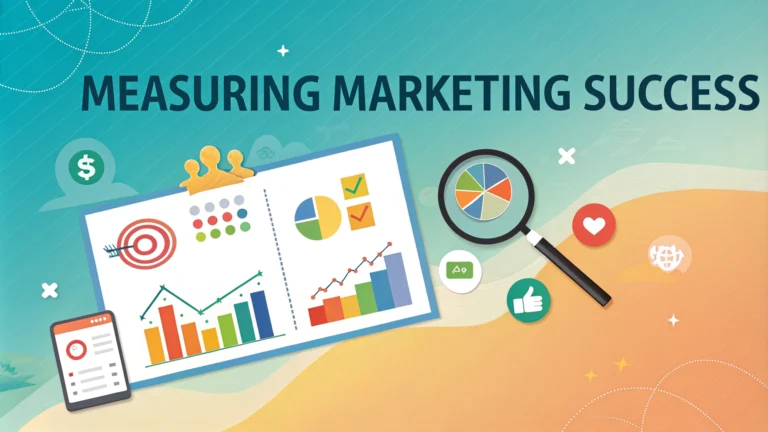Your website’s performance isn’t just about looking good—it’s about measurable results that drive business growth. Understanding key performance indicators (KPIs) can transform how you evaluate and improve your online presence.
1. Understanding Website Traffic Metrics
Website traffic represents the lifeblood of digital performance. Tracking visitors provides critical insights into your site’s reach and engagement levels.
Traffic Sources Analysis
- Organic Search: Measures visitors from search engines
- Direct Traffic: Users who type your URL directly
- Referral Traffic: Visitors from external links
- Social Media Traffic: Visitors from social platforms
Google Analytics offers comprehensive tools for tracking these metrics with precision. Understanding traffic sources helps optimize marketing strategies.
Analyzing traffic patterns reveals audience behavior and content effectiveness. Consistent monitoring allows strategic refinements.
Key Traffic Metrics to Track
| Metric | Description |
|---|---|
| Unique Visitors | Total distinct users visiting your site |
| Page Views | Number of pages viewed by all visitors |
2. Conversion Rate Optimization
Conversion rates measure how effectively your website turns visitors into customers or leads. This critical metric directly impacts business revenue.
Conversion Tracking Strategies
- Set clear conversion goals
- Use conversion tracking tools
- Implement A/B testing
- Analyze user journey
Industry standard conversion rates typically range between 2-5%. Continuous optimization can significantly improve these numbers.
3. User Engagement Metrics
User engagement reveals how visitors interact with your website content. High engagement indicates valuable, relevant information.
Core Engagement Indicators
- Average Time on Page
- Bounce Rate
- Pages per Session
4. Site Performance and Speed
Website loading speed dramatically influences user experience and search engine rankings. Faster sites retain more visitors and rank higher.
Performance Benchmarks
- Load time under 3 seconds recommended
- Mobile optimization critical
- Compress images
- Use content delivery networks

